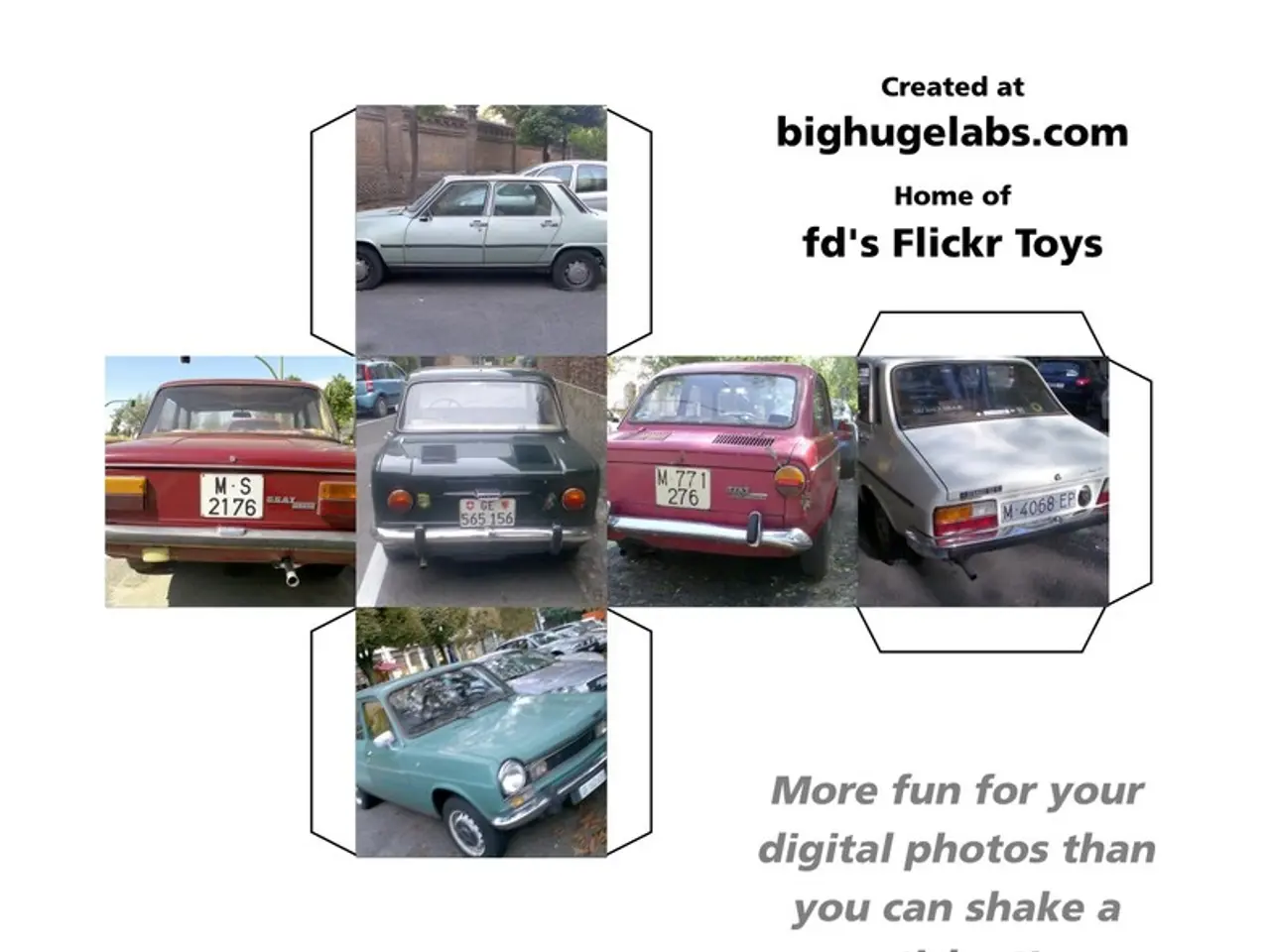China Introduces New Guidelines for Autonomous Vehicle Advertising After Deadly Xiaomi Collision
Following a fatal accident involving a Xiaomi SU7 equipped with ADAS features in March 2025, China has taken significant steps to strengthen the regulatory framework for advanced driver assistance systems (ADAS) in electric vehicles.
New Regulations and Actions
In April 2025, China’s Ministry of Industry and Information Technology (MIIT) called on automakers to strengthen ADAS testing, clearly define system limitations, and implement safety protocols. The ministry also banned exaggerated or misleading advertising terms, such as "smart driving" or "autonomous driving," in marketing ADAS features.
The State Administration for Market Regulation proposed draft regulations for intelligent connected new energy vehicles (NEVs), including those with ADAS. These proposals, open for public comment as of August 2025, emphasize more rigorous defect investigations and recall management linked to ADAS-related faults, stricter over-the-air (OTA) software update controls, enhanced consumer safety warnings, and transparent communication about system limitations and risks.
The Public Security Ministry announced plans to define legal responsibilities for drivers and manufacturers around ADAS use, especially highlighting that drivers may face legal and safety risks if distracted while assisted driving is engaged, as true full autonomy has not yet been achieved.
Industry Impact and Reaction
The incident fueled public debate over how driver-assistance features are marketed and perceived. As a result, Tesla has rebranded its Full Self-Driving (FSD) package as "Intelligent Assisted Driving" for the Chinese market.
Other manufacturers like BYD, Leapmotor, and Huawei also attended a meeting with MIIT, where the need for system clarity, comprehensive testing, and consumer education was emphasized.
Key Aspects of the New Regulations
The new regulations aim to raise safety standards via stricter testing, clearer legal accountability, deeper oversight of software updates, and curbing false or exaggerated marketing of driver assistance technologies.
The rules prohibit any implication that vehicles can drive themselves. Tighter restrictions have been imposed on software updates, requiring that any over-the-air (OTA) changes to driving-related systems be validated and approved before release.
Emergency updates or updates that trigger production halts may need to be treated as recalls, according to MIIT. The new regulations do not mention any specific penalties for violating the ban on misleading terminology.
While the new regulations do not address the issue of Xiaomi's SU7 incident directly, they are a response to the public concern over misleading "smart driving" claims. The government has also warned automakers against frequent software updates that circumvent safety reviews.
Experts believe that these new regulations could ultimately consolidate China’s overcrowded auto market and improve long-term safety outcomes for drivers and pedestrians alike. However, they may slow innovation and increase compliance costs.
The regulatory response was catalyzed by a deadly crash involving a Xiaomi SU7 electric sedan, which resulted in multiple fatalities due to a fire triggered by the impact. The Xiaomi SU7 incident reignited public concern over misleading "smart driving" claims.
In the wake of the Xiaomi SU7 incident, the Chinese government has proposed new regulations to address misleading marketing of driver assistance technologies. These regulations aim to consolidate the auto market, improve safety, and reduce false claims, by imposing stricter testing, clearer legal accountability, deeper oversight of software updates, and banning exaggerated marketing terms.
Following the incident, Tesla rebranded its Full Self-Driving package as "Intelligent Assisted Driving" for the Chinese market, while other manufacturers like BYD, Leapmotor, and Huawei are emphasizing system clarity, comprehensive testing, and consumer education. These new regulations could potentially slow innovation and increase compliance costs, but experts believe they may also lead to long-term safety improvements for both drivers and pedestrians.




